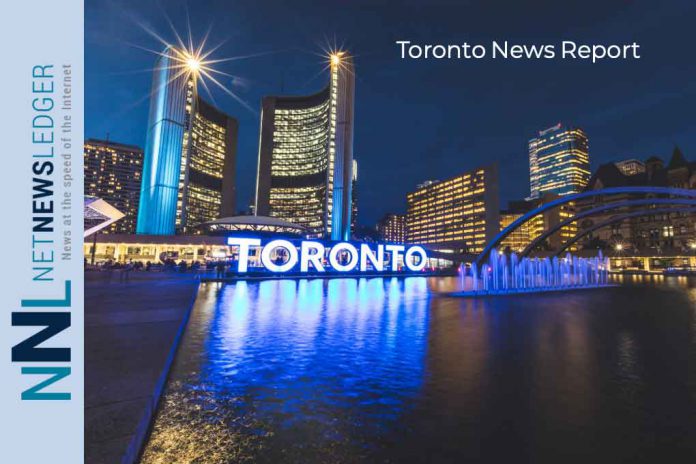TORONTO – “This marks the beginning of the public budget process and I want to thank Budget Chief Crawford and members of the budget committee for undertaking this annual exercise to hear from the public and set our fiscal direction. With $67 million in new or enhanced investments, this staff-proposed budget does make important investments in key areas that I know our residents want us to invest in including community safety, transit, affordable housing, and the environment. These investments will help protect and continue our city’s success,” says Mayor John Tory.
Today, the City of Toronto’s Budget Committee began the process of reviewing the staff-recommended tax-supported operating and capital budgets for 2020. The budgets will be reviewed and debated by Budget and Executive Committees before being finalized and approved by City Council at its meeting on February 19, 2020.
The 2020 staff-recommended tax-supported operating budget of $11.59 billion focuses on keeping the property tax increase for City operations at the level of inflation while preserving existing services and investing in key Council priorities. When combined with the $1.94 billion rate-supported operating budget approved by City Council on December 17, 2019, the total 2020 operating budget is $13.53 billion. The budget includes $67 million in new investments to address key commitments, such as road safety, climate change, public safety, affordable housing, transit, and poverty reduction.
The recommended tax-supported 10-year capital plan is $27.94 billion, which includes funding for key areas such as transit, housing, and infrastructure. With the additional $15.52 billion rate-supported capital budget approved by City Council on December 17, 2019, the total 10-year capital plan is $43.46 billion. The modernized capital plan prioritizes achievability and affordability, that considers the City’s capacity and the market’s ability to complete capital projects within the calendar year. It also proposes the development of a Capital Asset Management Plan and addresses the importance of continuing and new partnerships with other governments. This capital budget includes the most significant investment that the City has ever made in state-of-good-repair of the transit system and where possible, it will allow the City to move up planned capital work and complete it faster.
Toronto faces a number of regional pressures, including exceptional population growth and increased need for public housing and transit across the Greater Toronto Area. The recommended budget includes $77 million in continued federal support to ease the significant strain on our shelter system from an ongoing influx of refugee claimants and asylum seekers. The 2019 operating budget included a similar request which the Government of Canada ultimately addressed last year.
The budget proposes an overall average budgetary increase of 1.43 per cent. This equates to a two per cent property tax increase for residential properties – an additional $61 for the average Toronto household, a one per cent increase for commercial properties and a 0.66 per cent increase for industrial properties. There will be no increase for multi-residential/apartment buildings, as per provincial legislation.
The public can share their views with the Budget Committee at public presentations, scheduled to take place on January 20 and 21. More information about how to make a deputation is available at app.toronto.ca/tmmis.
“We’re continuing to manage the budget in a financially prudent and responsible way that addresses achievability and affordability while keeping property tax increases to the rate of inflation and preserving existing services. This budget allows City staff to continue delivering more than 150 City services every day that help our people, neighborhoods and businesses thrive,” states Budget Chief Gary Crawford (Ward 20 Scarborough Southwest).







